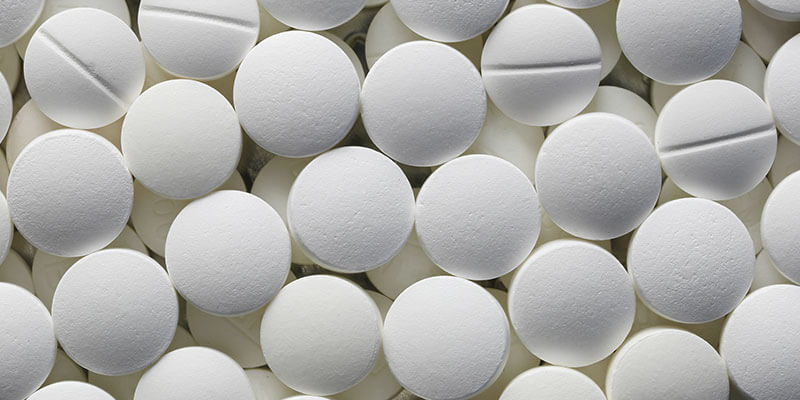In Spokane, Washington, a paramedic admitted to having stolen drugs from the Spokane Fire Department. She stated that she would replace the medications in the bottles with saline and then inject them into herself. Demerol was just one of the drugs she stole. Also on the list were Ativan, morphine and Versed and others.
Some of the drugs were taken from a medic car that was rarely used, but not all of them. There were some stolen from the department’s main truck. Police had no reason to believe that any patient was harmed because of the paramedic’s actions. They had no record that any of the tampered bottles had been used.
She faced at least one charge of possession of a controlled substance, which is a felony. Further investigation revealed that she had a long history of substance abuse that also included at least one rehab stay. Interestingly enough, her performance at work seemed to be satisfactory, and no one expected that anything was wrong.
Idaho is not immune to such problems. Because of their proximity to addictive substances, paramedics are often tempted to abuse drugs.


